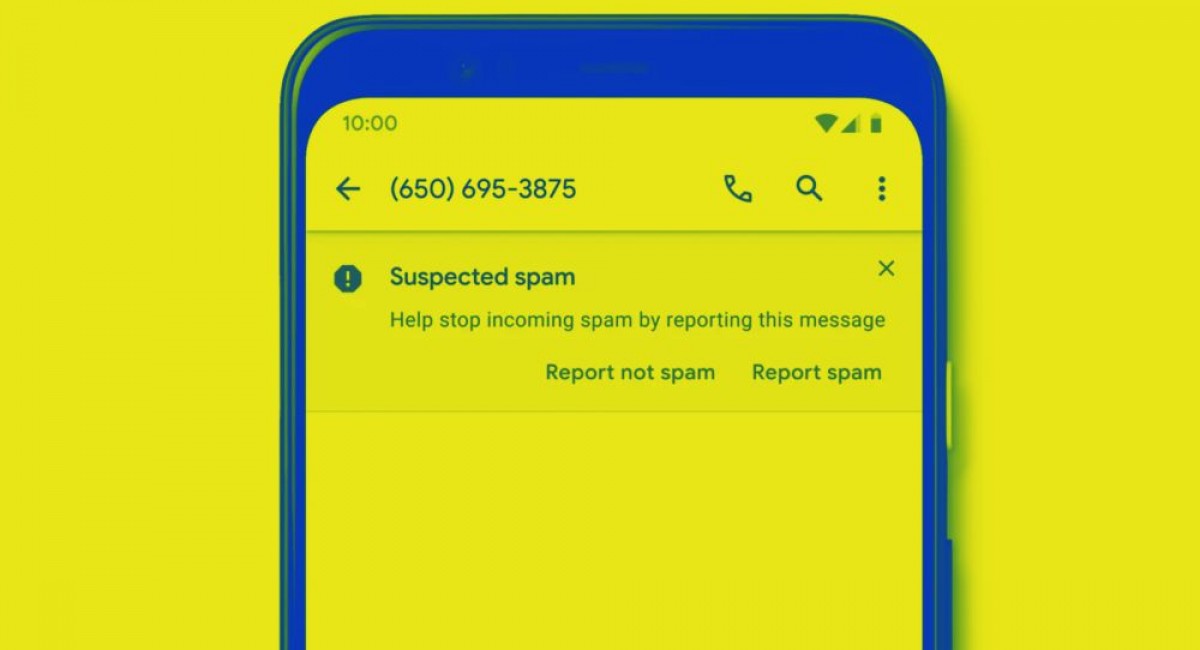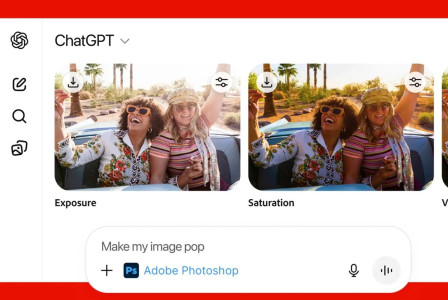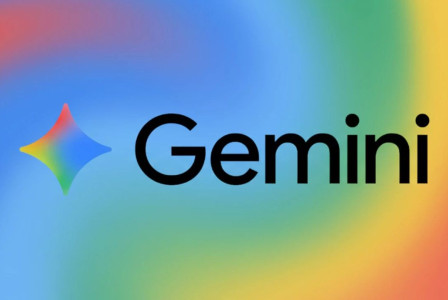SEARCH
Google Messages enhanced with anti-spam features

SHARE IT
Google's software theme for 2024 was safety. With the release of Android 15, the firm implemented a slew of anti-theft features for phones, later locking the Find My system behind a biometric check. The Messages app is next in line.
The company revealed better scam detection, with an emphasis on parcel delivery scams and job frauds. Package delivery fraud has recently increased, and it is being used for everything from brushing scams to extorting money under the guise of phoney package delivery concerns.
The United States Federal Communications Commission (FCC) has also issued a warning about the dramatic increase in such scams. These scams typically begin with a deceptive text message that includes a false tracking link.
Google said the Messages app will use on-device AI to detect fraudulent communications. It will then warn users about such communications and immediately place them in the spam folder. This feature is already being rolled out to beta testers.
Next, Google is expanding a safety scan system that automatically checks for potentially harmful links or URLs. Such URLs have the potential to cause significant damage, ranging from malware installation to sending consumers to a phishing portal. This technique has been tested in a number of Asian countries, including India. Google now says it will increase intelligent URL warnings for Messages users worldwide by the end of the year.
However, people may still fall into a web of meticulously managed online fraud, which begins with supposedly urgent messages. To avoid this scenario, Google will add an extra layer of security by blocking messages from unknown overseas senders.
Cybercriminals frequently utilise virtual numbers with international origins to avoid being tracked and detected by local law enforcement. Google said that the communications app will automatically hide all such communications from overseas senders to reduce risks.
All such communications will be directed to the "Spam & blocked" section in the Messages app. This function will be rolled out in Singapore first, and depending on how well it is received, it will be expanded to other regions.
However, scammers don't always utilise international numbers. They frequently attempt to impersonate real commercial firms such as banking, automobile, and logistics companies by employing a business sender profile. In some circumstances, they just attempt to pass as an acquaintance. To address such sophisticated threats, the Messages app is developing a contact verification system. This would rely on each contact's public key for verification, which is a method that confirms the sender's identification via a QR code or registered phone number.
Google has already begun developing a unified public key dashboard and plans to make the contact key verification system available on all phones running Android 9 or later.
MORE NEWS FOR YOU

 Help & Support
Help & Support 

